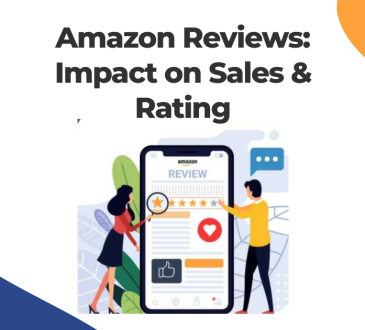
Buying a home is a financial decision that requires careful consideration. One crucial step in the home-buying process is getting a vital building inspection done by a professional inspector. However, building inspections lead to costly mistakes if not done properly.
Hiring an unqualified inspector
The biggest mistake homebuyers make is hiring an unqualified or inexperienced inspector. Building inspections require a detailed and thorough understanding of construction standards, building codes, and potential issues. An unqualified inspector may miss critical problems, leading to expensive repairs down the line. Research and verify the inspector’s qualifications and experience to avoid this blunder.
Skipping the inspection altogether
In the housing market, some buyers may be tempted to forego a vital building inspection to make their offer more attractive to sellers. However, skipping this crucial step can be a costly mistake. Without an inspection, you may purchase a property with defects or issues that could have been identified and addressed beforehand. While waiving the inspection contingency may seem strategic, it exposes you to financial risks. Instead, prioritize the inspection and factor the cost into your overall budget. Remember, the inspection fee is a small price compared to the expenses of major repairs or renovations down the line.
Attending the inspection
Homebuyers need to attend the inspection in person. While the inspector will provide a detailed report, being present during the inspection to ask questions, observe potential issues firsthand, and better the property’s condition. By attending the inspection, you point out specific areas of concern to the inspector and receive on-the-spot explanations. Additionally, you learn about the maintenance and upkeep required for the property, which is valuable information for future homeowners.
Overlooking minor issues
During a building inspection, it’s common for the inspector to identify minor issues or defects. While these may seem initially, overlooking them leads to larger problems. Minor issues, if left unaddressed, escalate into major repairs or even safety hazards. When reviewing the inspection report, don’t dismiss minor issues as inconsequential. Instead, discuss them with the inspector and understand the potential implications and costs of addressing them. This information building inspections Sydney you negotiate with the seller or budget for future repairs and maintenance.
Follow up on the Report
After receiving the inspection report, following up on any issues or recommendations outlined by the inspector is crucial. Many homebuyers make the mistake of not taking action on the report, which leads to further deterioration or missed opportunities to address problems early on.
Review the report thoroughly and prioritize the issues that need immediate attention. If necessary, consult with contractors or specialists to obtain quotes for repairs or renovations. Keep the inspection report as a reference for future maintenance and upkeep tasks.
Considering additional inspections
Additional inspections beyond the standard building inspection may be necessary, depending on the property’s age, location, and specific features. For example, older homes may require specialized inspections for lead-based paint, asbestos, or structural integrity. Similarly, properties in areas prone to specific environmental hazards, such as radon or termites, may require specialized testing.
Building inspectors are trained to inspect readily accessible areas and systems, such as the roof, foundation, electrical, plumbing, and HVAC systems. However, they may need help inspect concealed or inaccessible areas, such as behind walls or under floors.




